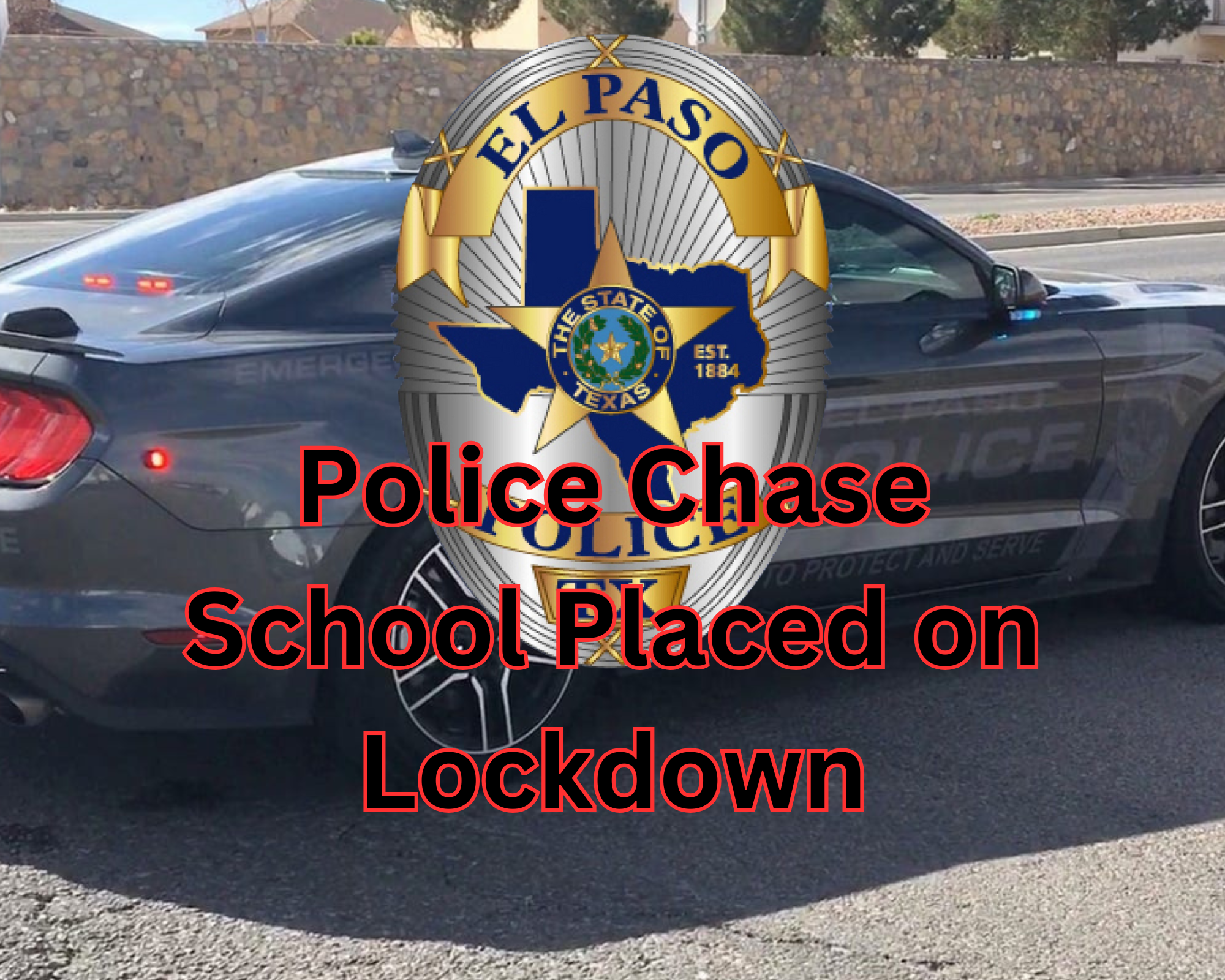The City of El Paso Wants You to Get a Ticket
27 November 2024, El Paso, Texas, Steven Zimmerman – The City of El Paso must need money, and badly. Officers once could issue a written warning for minor traffic violations. Somewhere along the way, the City stopped printing warning books, thus forcing officers to issue citations. This option removes officer description and can place every officer in harm’s way.
“I was pulled over,” says Ms Guzman, “for the first time in my life. The police officer said he would have given me a warning, but he was stuck having to give me a ticket because they don’t have warning books.”
Can police officers give warnings rather than tickets for traffic infractions? Yes, they can. Under Section 3.22 – Written Warning, 37 Tex. Admin. Code § 3.22, you will find the following:
Written Warning (a) General. The Department believes that warnings given for traffic law violations constitute acceptable enforcement action when given under proper circumstances. Warnings will be given for traffic law violations of a relatively minor degree.
“It was something small and now I have a bit ticket to pay,” says Ms Guzman.
After Ms Guzman contacted us, we began calling officers who value transparency. What we discovered is shocking.
“We used to have the capacity to issue warnings in lieu of citations,” says an officer from the El Paso Police Department’s Westside Regional Command Center. “Now, we no longer have that option.”
The El Paso Police Department’s Central Supply does not have written warnings to distribute to each Regional Command Center. But is this the failure of the El Paso Police Department or the City of El Paso?
“You hear different things about why we don’t have warnings,” says a Northeast Regional Command Center officer. “One thing is for sure, at least from us here in the Northeast, the City of El Paso has dropped the ball.”
So why do police write tickets, and why would a warning sometimes work better than a ticket?
Police Officers write tickets to both document and enforce traffic laws. These tickets financially penalize an individual in hopes of deterring future violations. Tickets also serve another purpose: generating income for a city or county.
Money from police-issued tickets typically goes into the general fund of the City or county where the ticket was issued and is then used to fund various public services like police operations, court operations, public safety programs, and other municipal needs depending on state and local laws; the primary goal is not to generate revenue for the police department itself but to contribute to overall public services within the jurisdiction.
When officers contact someone speeding or running a red light, they have some discretion in what they can do: issue a citation or a warning.
“If I have stopped someone for a traffic violation,” says a Deputy with the El Paso County Sheriff’s office, “and I see they do not have a history of infractions, I will warn them. It’s effective, and it prevents further issues.”
“Giving warnings also gives us [the police department] a way to present a better image of who we are and what we do for the public,” says another officer from the Northeast Regional Command. “It’s vital that they see us as working for them and can be on their side.”
The City of El Paso is responsible for printing citations and warnings. When there is a shortage of citations or warnings, the fault falls squarely on the City, not the Department.
“I can’t recall when we last had written warnings,” says a motor officer from Downtown El Paso. “If I’m pressed for an answer, I would say it’s been a couple of months.”
One Station Manager has told us that he has requested written warnings.
“It’s sinister that the City of El Paso is trying to raise revenue. With the Winterfest happening and people breaking minor traffic laws,” says the Station Manager.
The City of El Paso once had a program called Operation STEP. STEP was a fund/grant that allowed officers to perform extra duty. During this additional duty, the focus was on cellphone violations and other driver distractions, speeding, and, at one time, DWIs.
“Your motivation, if you don’t have warnings, is to issue tickets,” says one officer with EPPD. “They have taken away our discretion, and that will place us in more bad light.”
If you’ve received a ticket, you should know that the officer has no other option.
“We need the chance to warn drivers,” says a Pebble Hills Regional Command officer. “If all we can do is issue tickets, it may cause some of the newer officers, and even older ones, to not call in the stop and just issue a verbal warning. That can be dangerous for everyone.”
The City of El Paso needs to get out of this money drive. We are no longer allowing officers to perform their duties effectively and with the spirit of community in mind when they are forced to either write a ticket or issue a verbal warning without calling the stop in to dispatch. It’s time for the City of El Paso to print written warnings again.




